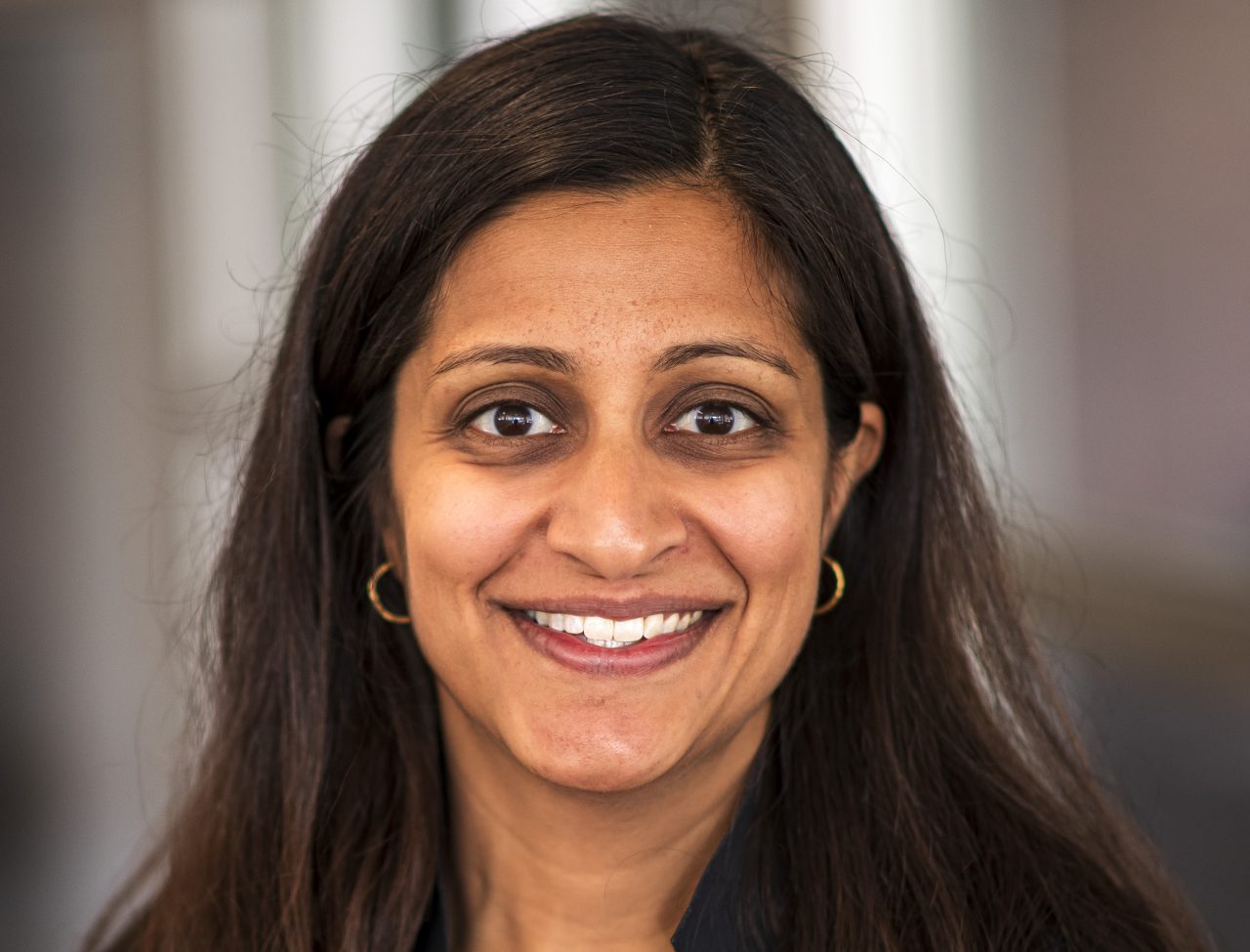Aparna Parikh quoted a post by Girish Putcha, the Principal of Precision Medicine & Diagnostics, on LinkedIn, adding:
“Was truly a privilege but also a great challenge to synthesize the state of ctDNA in colorectal cancer in 12 min and put into context why COBRA was stopped. We must press on!”
Quoting Girish Putcha’s post:
“Kudos to Molika Ashford, Aparna Parikh, and GenomeWeb for a balanced overview and commentary on MRD results reported at ASCO-GI 2024. Two comments to highlight:
‘We certainly have many answers, but . . . we also have many questions left to answer.’
‘. . . does not yet believe that oncologists can use surveillance testing to guide treatment decisions . . .’ (but goes on to say that this ‘is a shared decision with patients’)
In sum, the findings affirm what we know (and repeatedly forget) for most diagnostic (and especially prognostic) tests: analytical and clinical validity ≠ clinical utility (incidentally, at least as true for MCD as it is for MRD).
While it is understandable (and perhaps even appropriate) that almost all MRD studies reported to date have been observational in nature, what this field (and patients and their providers) desperately need are randomized interventional studies like COBRA and ALTAIR designed to show that managing patients using MRD tests for specific intended uses (e.g., post-surgery, pre-adjuvant therapy selection) actually improves their outcomes (however measured) versus the current standard of care.”
View additional information.
Source: Aparna Parikh/LinkedIn and Girish Putcha/LinkedIn
Aparna Parikh is a GI oncologist, the Director of the Global Cancer Care Program at Mass General and assistant professor at the Harvard Medical School. She has a long-standing background and interest in global health, having spent time in several African countries, Haiti and India.
Most recently, at MGH, she co-founded and co-leads a program called POETIC (Program for Enhanced Training in Cancer (POETIC)) This fellowship exchange program, conducted in collaboration with Beth Israel Deaconess Medical Center Cancer Center and Lowell Schnipper, MD, trains clinical oncology fellows from the University of Cape Town in South Africa and Ocean Road Cancer Center in Tanzania.
Dr. Parikh also sits on the executive board of BOTSOGO, a collaboration between MGH and the Botswana Harvard AIDS Institute Partnership, Botswana’s cancer caregivers and the Botswana government. The group’s ultimate goal is to improve access to quality cancer care in Botswana by educating the Botswana population, training future generations of cancer caregivers and conducting vital clinical research. She is a member of the OncoDaily Editorial Board.


